There is no doubt that bees here in Bermuda are in trouble. Entomologist, Claire Jesse and Tommy Sinclair give us greater insight on the issue. It is apparent that there has been a sharp decline in bee populations, this is most likely due to the Varroa mite. The Varroa mite, according to Ms. Jessey, is a parasite that takes residence on the abdomen of bees and feeds on its blood. In addition, developing parasites feed on bee larvae in the bee cells; pregnant female mites now emerge with the newly developed adult bee and then search for new cells to lay its eggs in. Also, this mite initially caused problems a year after its discovery in 2009. It has caused hundreds of thousands of bees to die each year as it causes many hives to crash. It is also very troublesome in that it is a vector for different viruses.
How did the mite get here?
Unfortunately, no one knows how the mite got on the island. It is suspected that it came into Bermuda on a piece of construction material or equipment. It most definitely didn’t arrive through the fight of an infected bee as bees cannot travel that far over water. Since its discovery, there has been a subsequent ban on imported bees. However, even when bees were allowed to be imported, they were only queen bees and few numbers of worker bees. The importation of bees has been very low in recent decades, therefore, it is confirmed that the issue is not caused by a foreign bee.
What has Been Done About it?
The department of Environmental protection have been visited by animal healer, Elizabeth Whiter. Whiter claims that the bees should be exposed to plants and flowers that have medicinal properties so that they can build up their immune systems and subsequently heal themselves. It is assumed that the medicinal properties of these plants can be transferred through the pollen of their flowers which the bees will subsequently make contact with. She goes on to say that as bees take nectar and pollen from plants and feed themselves as well as their developing young, the whole colony can be enriched and healed as the masses of bees eat themselves to better health. Whiter goes on to say that people should plant thyme, for its antiseptic and antimicrobial qualities as well as Echinacea for its immune stimulation properties. In addition, English Marigolds give bees Vitamin A and Sulfur, while clover supports bees immune system. Herb gardens can also play a significant role as they contain many herbs which can benefit not only humans but bees! Whiter claims that sage, marjoram, peppermint, rosemary and lavender.
Effects on Bermuda's Environment
There are great repercussions to Bermuda’s environment if bees continue to decline. Many native and endemic plants that thrive due to pollination of native bees can be negatively affected. Domestic gardening and farming will also be impacted. Gardens will become far less productive and thrive much less during seasons of suspected growth. Over the years since the Varroa mite discovery, there has been a drop in commercial farming yields. Mr. Sinclair notes that plants may not produce good seed and can produce misshapen crops. He confirms that the overall quality of fruit will be affected. Furthermore, when weather conditions are poor, it can cause even greater effect on the diverse diet of bees as well as the quality of pollination. When bees' food supply is stunted by poor weather, they tend not to pollinate was well as if they had a diverse diet. However, Mr. Sinclair also notes that Bermuda’s environment will not be affected as badly as other countries. Bermuda has a variety of other pollinators that can do the same job as bees, though not as efficiently. Ultimately, the diverse array of native and endemic plants that we are accustomed to seeing in great abundance will not be as verdant. If the seeds from these plants are not of a particular quality, they will not germinate or produce a lower quality plant as generations will become weaker and less resilient.
Other Pollinators: Wasps, Moths and Butterflies
Jessey also claims that since the fall of 2012, there have been various other issues concerning bees that have been brought to light. The first of them is Nosema infection which symptoms include: lethargic behavior, crawling and lack of honey collection. Deformed Wing Virus is also a problem that was recently noted. Nosema is another parasite that lives in the gut and is easily contagious, however it has no effect on honey. Bees can tolerate a reasonable level of this parasite, yet when the infection is serious, their colonies can collapse. Furthermore, Deformed Wing Virus is commonly carried by the Varroa mite and causes bees to be unable to fly. Ultimately, when all of these pests and ailments are present in hives, bees have a weakened immune system as they are under much pressure and their colonies end up collapsing. Jessey notes that an American scientist that has done some research on Bermuda’s bees states that although there are some bees that have recovered since the original 2009 epidemic, some of the bees are being re-infected by mutated viruses that the Varroa mite spreads. Through the process of natural selection, some bees may build up resistance. If this is the case, then Bermuda beekeepers can breed their queens in hopes to boost the bee population.
What Else Can be Done?
Some other forms of pest management include the introduction of bees that have a ‘detection and removal trait.' This trait allows adult bees to detect the mites that develop in the cells of the bees and discard them. Also, another option is to use chemical pest controls. However, Jesse asserts that there are many chemical controls that have negative effects on the bees. There are a variety of less toxic controls, but they can be far less effective. Considering that beekeepers like to keep everything organic, they try to avoid the use of chemicals. There are a few natural options for beekeepers to use such as the use of small wax cells, considering that mites like the larger cells as well as including the screen bottom board, considering that infected bees have a limited range as they fall on the ground.
Bermuda Bees Vs. USA Bees
Jesse speaks further of the international and local condition of bees and their impact on agriculture. She claims that bees are domesticated now, and this puts a lot of pressure on them. It’s worth considering the thought that bees do a lot if one accounts for the amount of work we ask them to do. In the US, hives are driven hundreds of miles from farm to farm and are put under much pressure to pollinate monocultures. Subsequently, their diets are very poor and must be supplemented by corn syrup. Bermuda bees are different as they have a lot more diversity as we don’t have monocultures. We also do not spray chemicals, therefore bees in Bermuda are in a good position and they are not suffering like in the US. The fields in the US are heavily sprayed overhead via planes and other major ways. When bees are affected like this, lots and lots of bees can be lost. When crops in the United States are not pollinated, the prices of crops will increase, corn in particular. It also makes it more difficult for farmers to stay in business as the yields are so low and it is not profitable. In Bermuda, pumpkin, squashes and melons are affected and farmers may not grow them as much – pumpkin has not been great in the past few years and it may be in part from the bees, claims Sinclair. He goes on to say that chicken and meat industries may be effected world-wide when you trace back the yields of the crops that you feed to the chickens and cows. Farmers must look at other ways of crop production to overcome this issue. However, the there are very few economic issues pertaining to pollination in Bermuda as opposed the the United States. In addition, he states that the bee issue is much like the world pandemic of cancer: there is loads of money being spent on research yet there is no cure. Ultimately, there are many factors that need to be taken into consideration if there is a sustainable solution on global and local levels.
For More Information On Bermuda Bees
Royal Gazette Reports, "Bee Population Falls by 65% in Six Years"
BEST to Host "Keep Bermuda Buzzing" Bee Fair
Articles By Claire Jessey:
| envirotalk_-_fall_2013_-_vol__81_no__3.pdf |
| envirotalk_-_winter_2010_-_vol__78_no__4.pdf |
| envirotalk_-_fall_2010_-_vol__78_no__3.pdf |
| envirotalk_-_spring_2010_-_vol__78_no__1.pdf |
Department of Environmental Protection, Ministry of the Environment, Bermuda and Tommy Sinclair Agricultural Officer, Department of Environmental Protection, Ministry of the Environment, Bermuda.
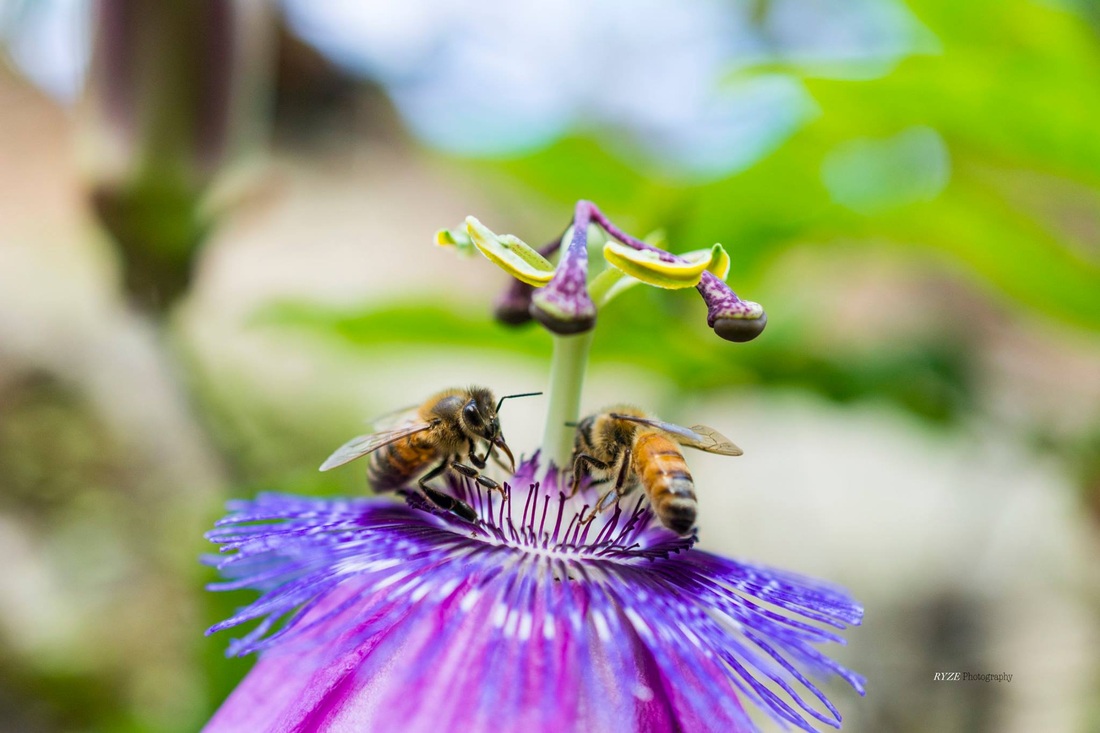
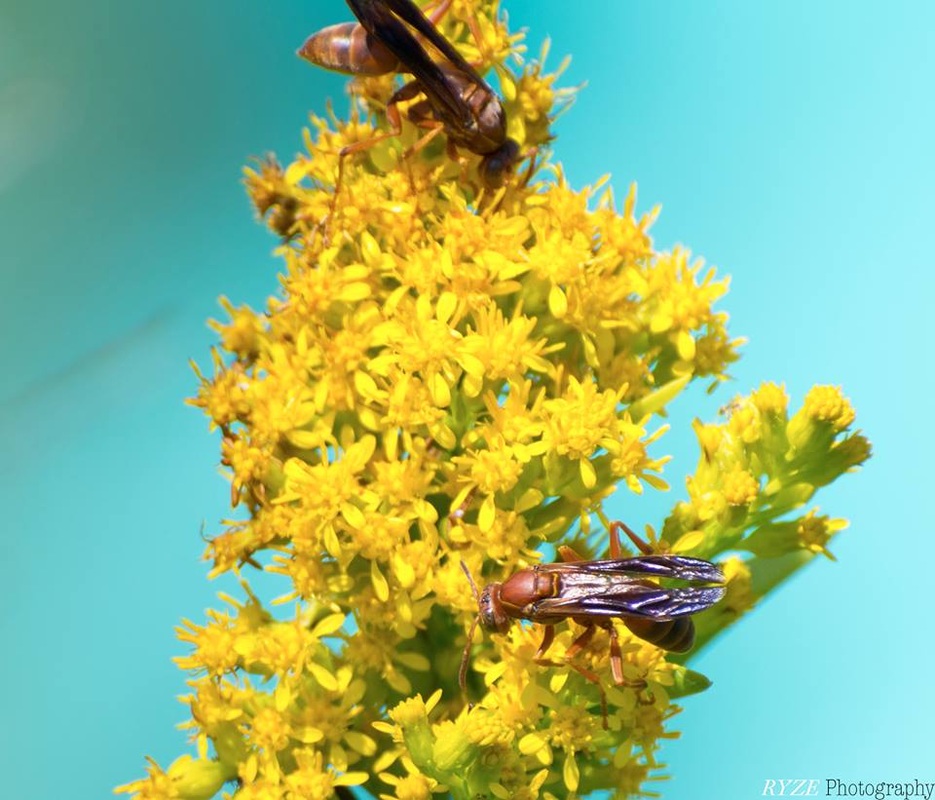
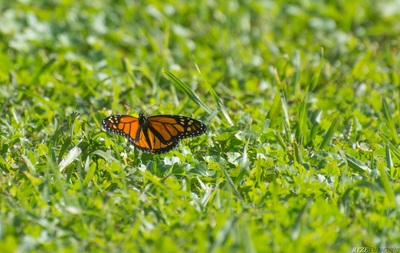
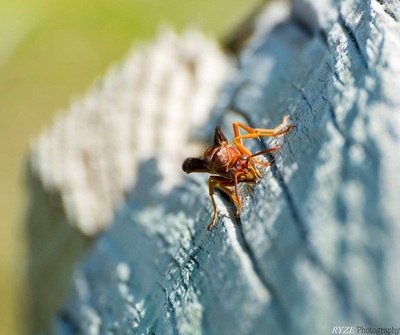
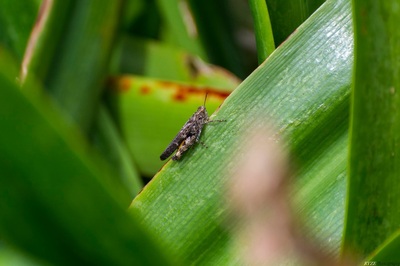
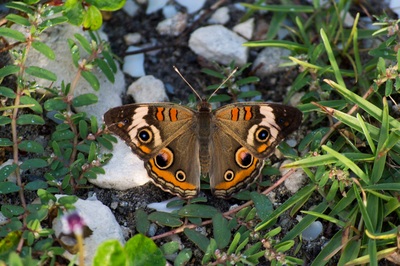
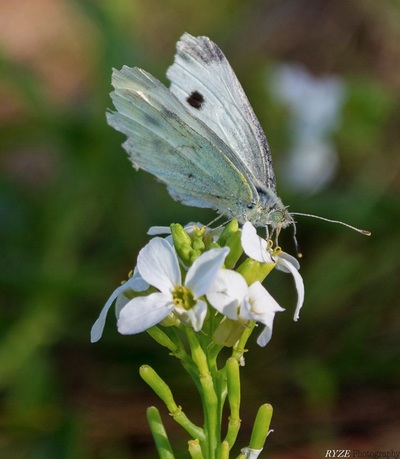
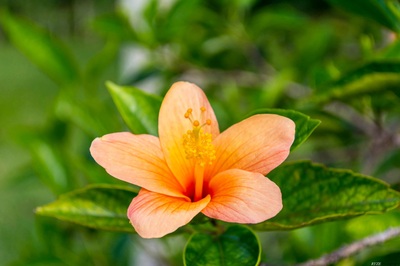
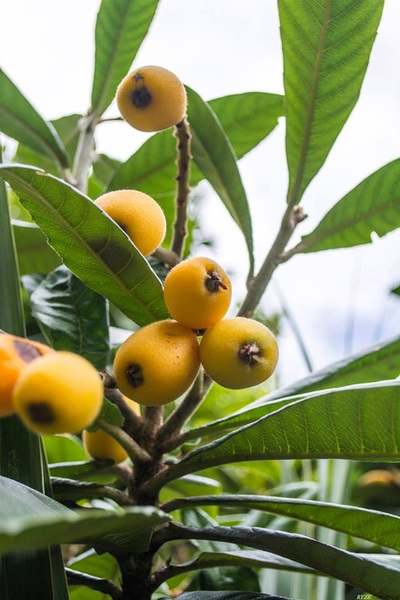
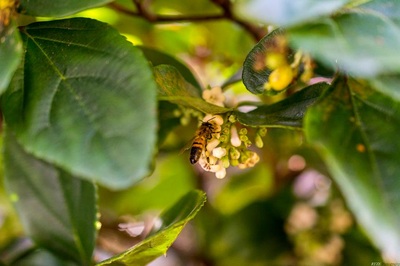
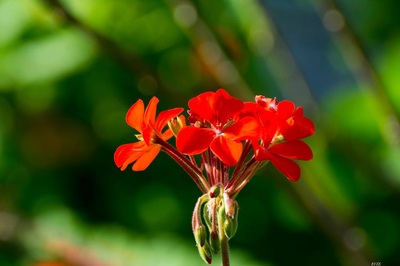
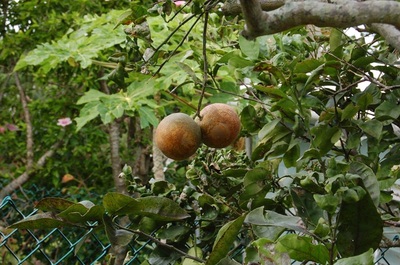
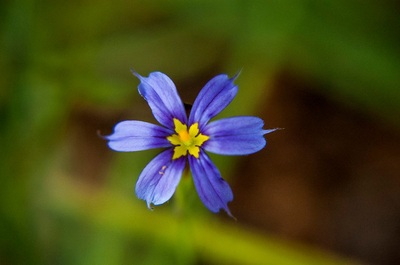
 RSS Feed
RSS Feed
